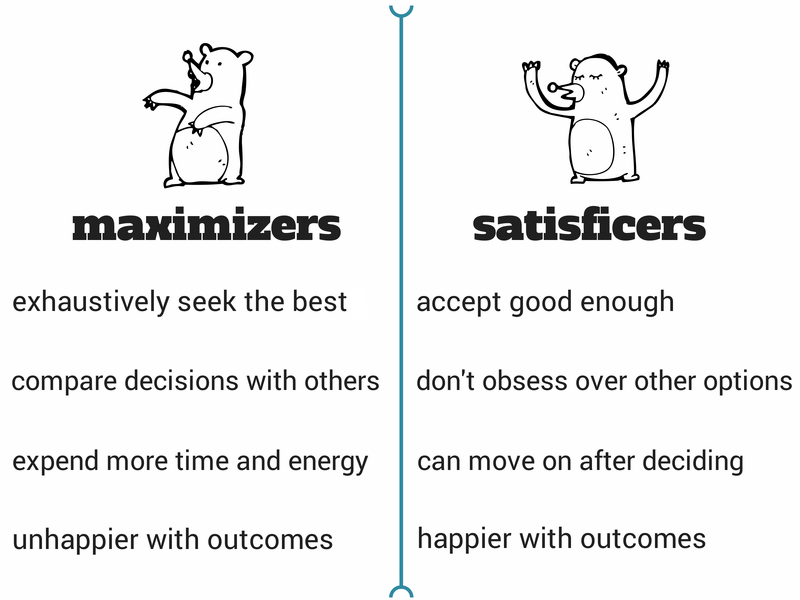
So I joke that when I get calls it is almost always someone wanting to see what the law says about the implementation of some revenue related issue. To which I respond you need to talk to Chris, Kara, or Frayda. The legality of government’s actions and the scope of the law are critical, but that is not what I am going to be able to help you with.
So what should you call me about? Oh, the good stuff of course! In the next few blog posts I am going to discuss some of the non-legal issues surrounding financing government at the local level. I will be blogging on issues like tax incidence (i.e., who is paying the tax), some of the perhaps unintended consequences of the policy, criteria that we should be using when we think about tax policy, revenue forecasting, and more! Also, if there is something you would like to see discussed please let me know!
Before getting in to any one of those topics I want to open up a dialogue about why we need to talk about some these issues. I think there is a temptation to be very pragmatic, which is not a bad thing, and to focus on what we have control over and what we can do. I believe this largely explains why so many of the questions folks have are with regard to the legality of actions. Budget officers, finance officers, managers, etc are tasked with difficult jobs—to find a way to provide the services their constituents want and need with limited resources. Often this means that we have to get creative and think outside the box (so we ask “can we do this?”) and it always means saying no to some requests. Unfortunately, there is no one right way to make those decisions once we move past the legality of them. In 1940 V.O. Key asked his fellow economists how we can decide to spend money on activity A rather than activity B? This question is still posed in every budgeting class in public administration courses. We still do not have a scientific rational answer. There are a lot of considerations, possibilities, and concerns that need to be weighed and they are often very value laden.
Can we think of all of them? Nope. Not to immediately get too academic with you all, but I would say the budget process is an exercise in bounded rationality.
Bounded rationality is an economic theory that simply says that people are not able to make completely rational decisions. This is because we are constrained by incomplete information, limited time, and frankly our brains cannot process all the relevant data, figure out all the alternatives, and calculate the potential outcomes of different decisions.
I can’t get no satisficing
Therefore we do something called satisficing. Satisficing leads us (humans) to outcomes that are good enough. “Good enough”, hmm. That does not sound great, but it is actually not an inherently bad thing as long as people are considering some of the most relevant information and alternatives.
I suspect you can already see why this is potentially an important topic for budgeting. We CANNOT consider every possible expenditure item, cut, consequence of our actions… So we live in a bounded rationality and satisficing world (like everyone else).
Imagine trying to create a budget for your community. Imagine that you have a budget office of 2 or 3 people. Now imagine trying to understand every EVERY single possible option for appropriations. Completely eliminating certain areas, increasing property taxes and increasing expenditures, creating new programs, overhauling departments, etc. I cannot even imagine all the ways you could do it! Imagine how hard it would be to make the list of possibilities. Now imagine how hard it would be to evaluate them all—including the ridiculous ones! Think of the man power, the time, the resources that an exercise like that would require. It is completely infeasible and foolish! We do not want to live in that reality. Bounded rationality and satisficing are our friends, the trick is to consider the right information, alternatives, and consequences.
**If you want to see an outcome that I was not considering, look at what you get when you google images of satisficing ridiculous.**
This series is going to highlight some of the information that is relevant and should be a part of the satisficing exercise. That does not mean that you have control over some of these issues. It does not mean that this knowledge will ultimately change what you choose or are able to do. Many of these topics are out of your control, but by understanding them hopefully you will be able to foresee some problems, understand how these choices effect your community, and help you to discuss finances with elected officials, managers, departments, and citizens.
This series will be a mix of practical knowledge that impacts revenues and budgeting and hopefully thought provoking considerations involved in how we pay for government. I am exciting about this series and hope that you will continue to pop on over to Death & Taxes over the next few months to see the next few installments.





